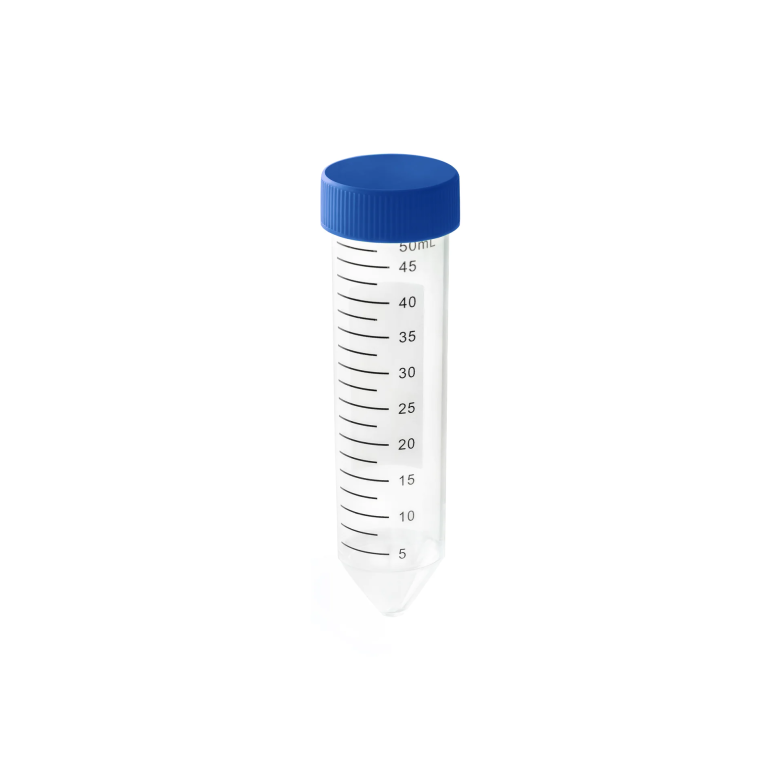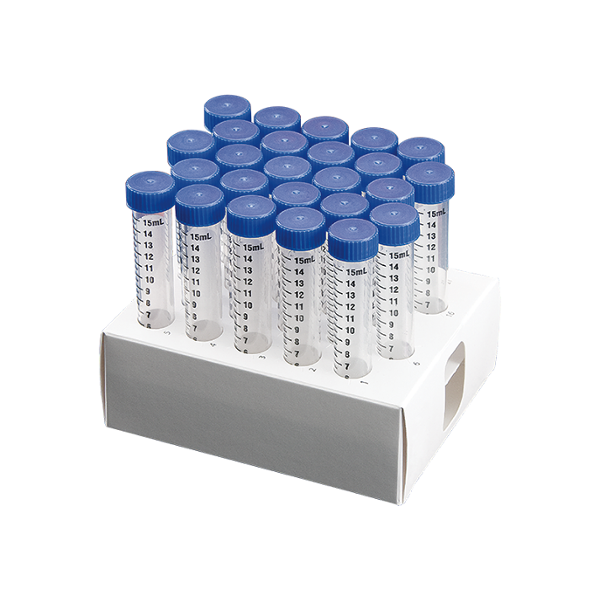Cryovials are small plastic vials used for storing biological samples at ultra-low temperatures.
They have several key functions:
– Sample preservation – Cryovials allow long-term storage and preservation of biological samples like blood, tissues, cells, DNA/RNA, etc at temperatures typically between -80°C to -196°C. The ultra-low temperatures halt any biological activity and degradation.
– Sample transport – Cryovials make it easy to transport frozen samples from one location to another, such as from a collection point to an analytical lab. The vials protect the sample during transport.
– Sample identification – Cryovials have a screw cap with an O-ring seal to prevent sample leakage. The cap allows labeling or barcode identification of the sample.
– Sample integrity – The plastic construction resists breakage during freezing and thawing cycles. The tight seal prevents cross-contamination between samples. The small size reduces exposure to temperature fluctuations.
– Storage optimization – The standard sizes allow compact, space-efficient storage in freezers, racks, and cryogenic storage boxes. Several vials can be stored in a small space.
So in summary, cryovials are optimized for safe ultra-low temperature storage, transport, and identification of biological samples for research, clinical trials, biobanking, etc.
The vial design maintains sample integrity and stability when frozen.


